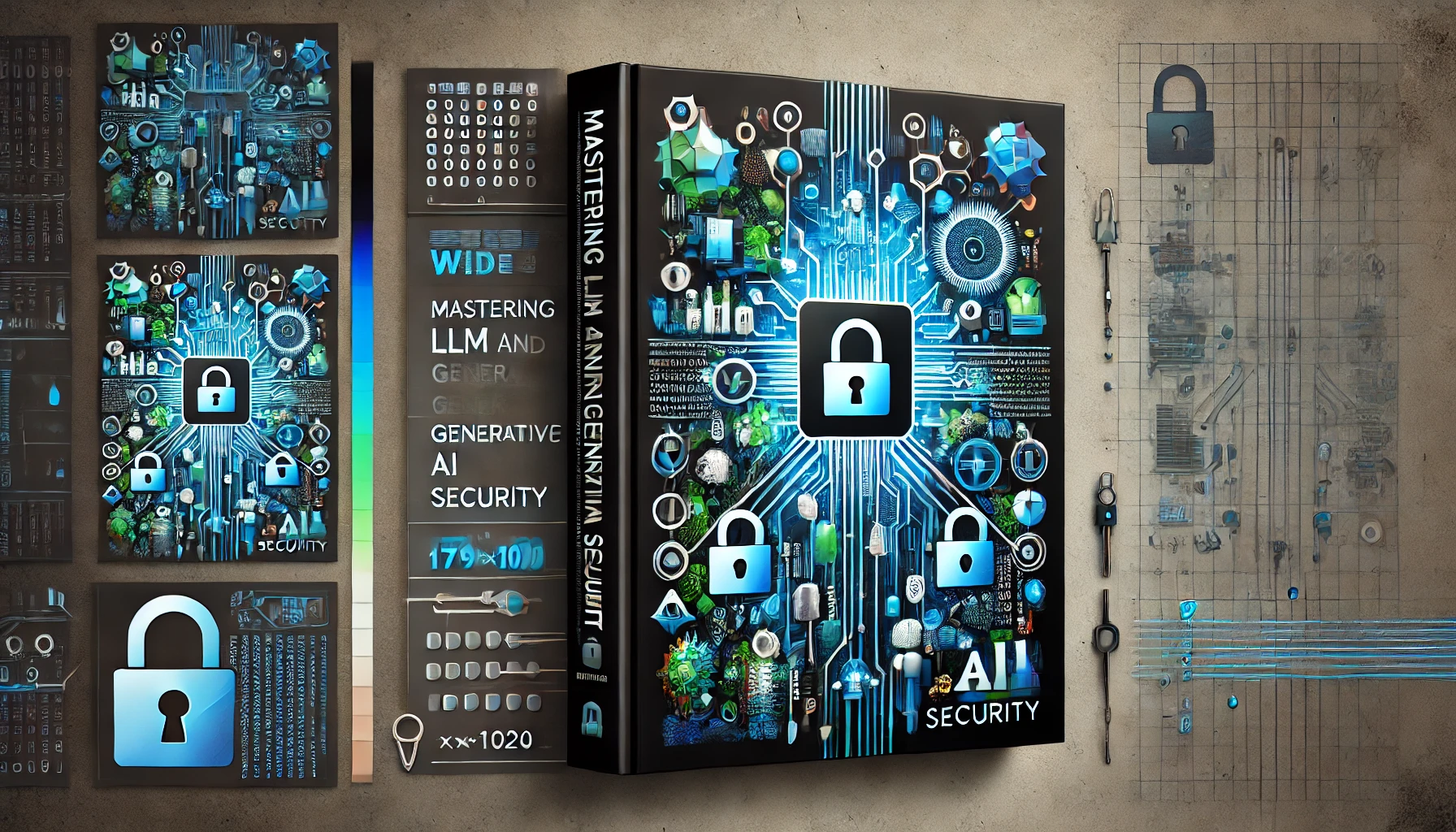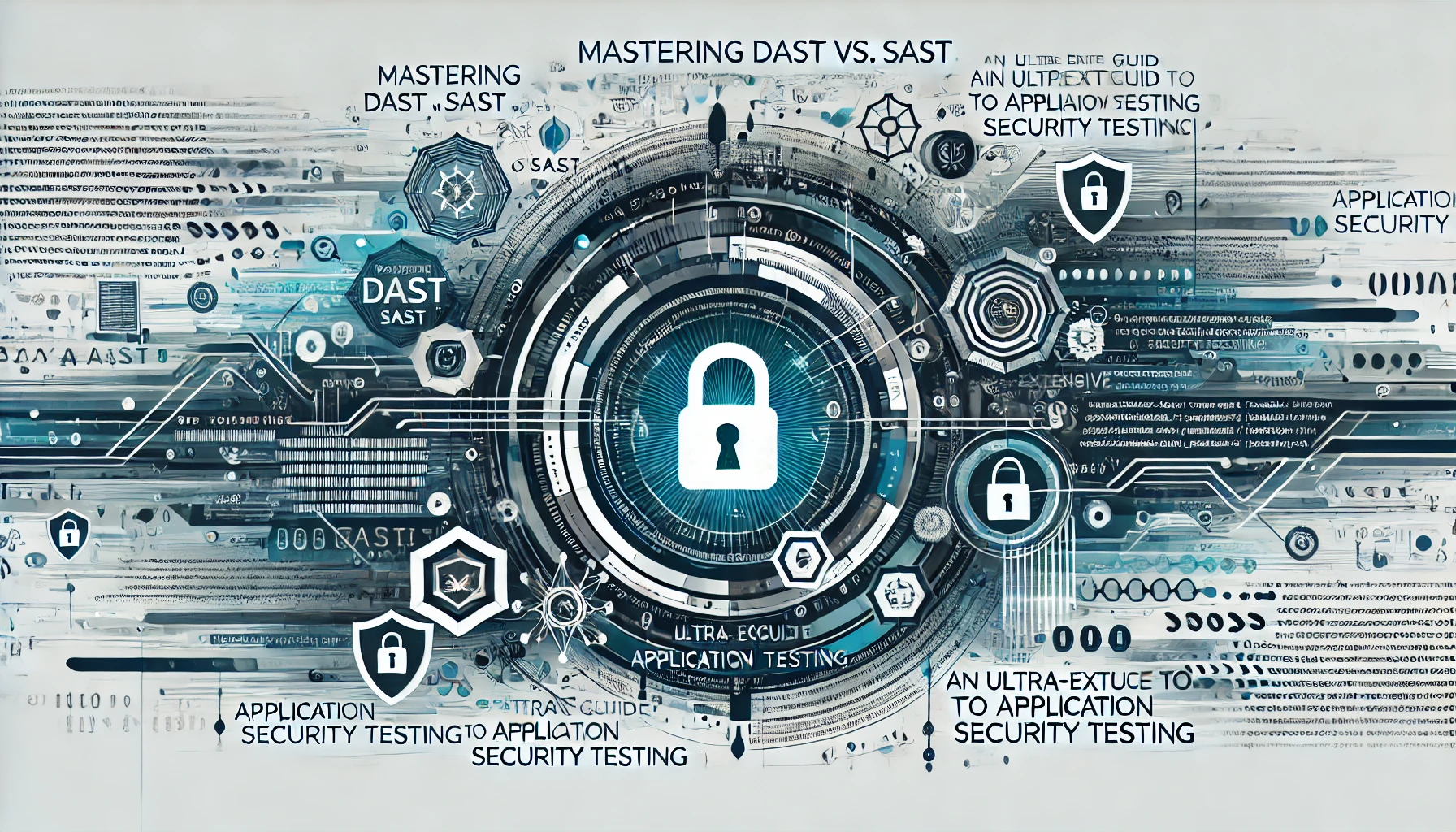
The Impact of Quantum Computers on Cybersecurity
As the world races towards the era of quantum computers, the realm of cybersecurity faces unprecedented challenges. The power of quantum computing has the potential to render traditional cryptographic algorithms obsolete, opening up new avenues for cyber attacks. In this blog post, we will explore the implications of quantum computers on cybersecurity and discuss the need for quantum-resistant solutions.
The Vulnerability of Classical Cryptography
Classical cryptographic algorithms, such as RSA and AES, rely on the computational difficulty of certain mathematical problems to secure data. However, quantum computers leverage the principles of quantum mechanics to perform calculations at an exponentially higher speed than classical computers. This speed advantage poses a significant threat to classical cryptographic systems.
Quantum computers exploit the vulnerability of factorization and discrete logarithm problems, which form the foundation of many encryption algorithms. These algorithms are currently used to secure sensitive information during transmission and storage. However, with the advent of quantum computers, these problems can be solved rapidly, compromising the security of encrypted data.
Quantum-Resistant Cryptography
To counter the threat posed by quantum computers, the field of quantum-resistant cryptography has emerged. Quantum-resistant algorithms are designed to resist attacks from both classical and quantum computers, ensuring the security of sensitive data in the age of quantum computers.
One promising approach in quantum-resistant cryptography is the use of lattice-based encryption algorithms. These algorithms rely on the hardness of mathematical problems associated with lattices, making them resistant to attacks from quantum computers. Lattice-based cryptography offers a robust solution that can withstand the computational power of quantum computers.
The Need for Post-Quantum Transition
As the world transitions into the quantum computing era, it is essential for organizations to prepare for the post-quantum world. Proactive measures must be taken to ensure the security of critical infrastructure, sensitive data, and communication channels.
Organizations should consider implementing quantum-resistant algorithms in their cryptographic systems. This involves updating cryptographic protocols, algorithms, and key exchange mechanisms to withstand attacks from quantum computers. A smooth transition to post-quantum cryptography is crucial to maintain the integrity and confidentiality of data in the face of advancing technology.
Conclusion
The advent of quantum computers presents both opportunities and challenges in the realm of cybersecurity. While quantum computers possess immense computational power, they also pose a significant threat to classical cryptographic systems. By embracing quantum-resistant cryptography and preparing for the post-quantum era, organizations can stay ahead of cyber threats and ensure the security of sensitive information.
Stay Connected with Secure Debug
Need expert advice or support from Secure Debug’s cybersecurity consulting and services? We’re here to help. For inquiries, assistance, or to learn more about our offerings, please visit our Contact Us page. Your security is our priority.
Join our professional network on LinkedIn to stay updated with the latest news, insights, and updates from Secure Debug. Follow us here.







